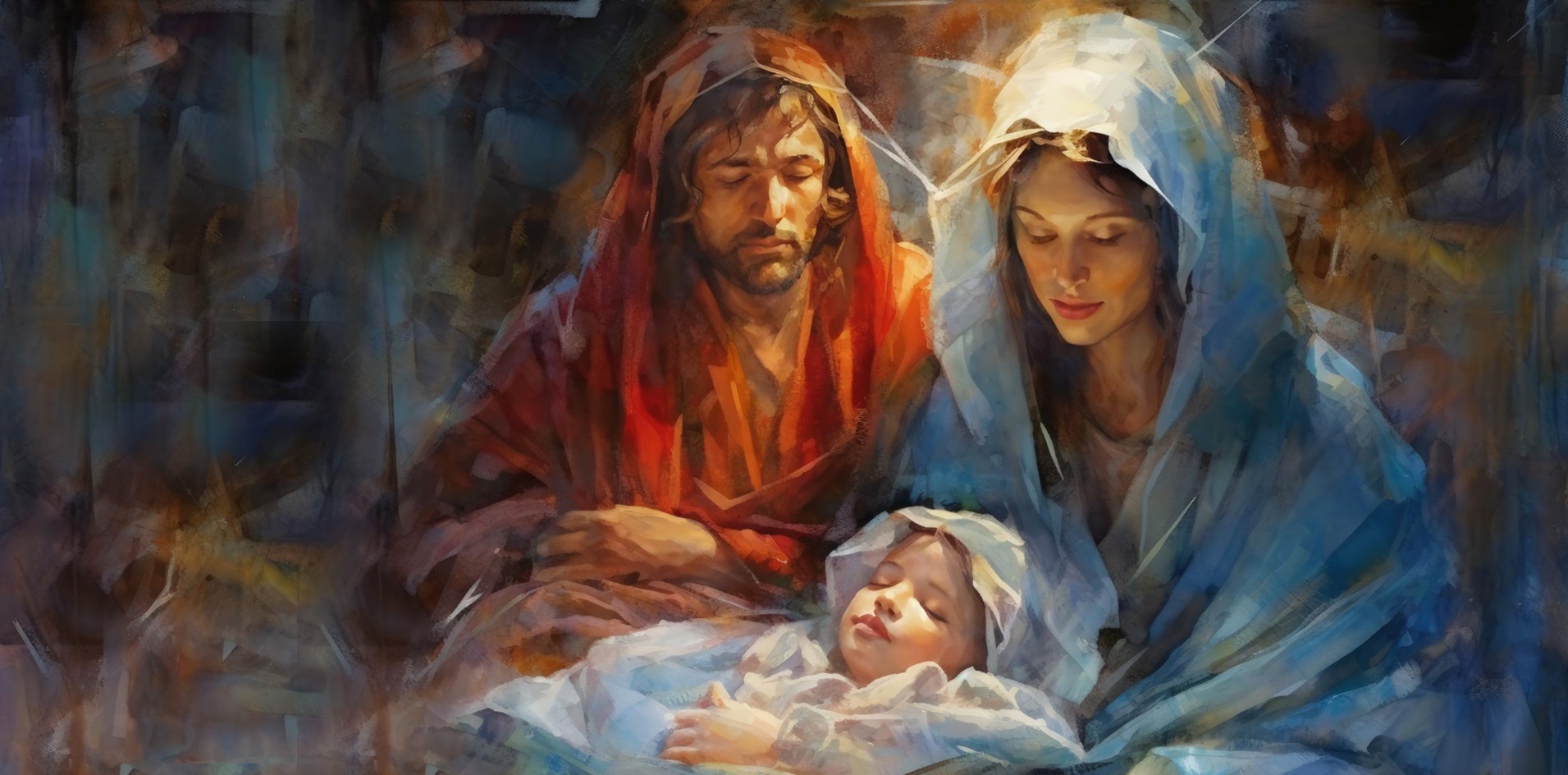The Challenge of the Advent Liturgy
Editor’s note: this article was originally published in Inform Issue 43, December 2000. Dame Betty O’Dowd wrote a number of articles for Inform in its earlier days. She did much to form the lay faithful of the Christchurch Diocese and beyond. She died on 11 June 2011. This beautifully written Advent article is as pertinent to our spiritual lives now as it was then.
During Advent, the Church invites, and the Sunday Mass readings urgently cry out to us, to stop and look afresh at Christian reality — at who we are, where we have come from, where we are going, and how we get there.
The readings range from the hope-filled longings of the prophets and the glorious promises made through them, through Christ's warnings about the end of the world, to the call to repentance
of St John the Baptist, key Advent figure and the patron of our Diocese. Central to the Advent message is St Paul's prayer
(second Sunday of Advent, Year C) that we go on growing in love for each other so that we can better discern what is right to do.
These Advent readings are a truly arresting, beautiful, and moving collection. They offer us consolation and encouragement; they are full of the hope and expectancy that belongs to this time. They also challenge us to repentance and conversion, to make a new effort to open ourselves to the searching light and fire of Christ's love in our hearts' depths.
The call couldn't come at a worse time. In our society and culture, the weeks of Advent could scarcely be less conducive to this sort of activity, filled as they are with end-of-year stress and holiday preparation, and so often increased money worries. But if we can manage to take our Sunday missals and go through these readings, we can certainly expect that the Spirit, whose words they are to each one of us, will lighten our minds and warm our hearts with them.

The liturgy of Advent recalls the long preparation for the pivotal event of human history, the moment when the Creator of all that is, became one of us as a helpless and vulnerable infant. But it also keeps before us the end of the journey that began in Bethlehem, the time when Christ will come again in glory to restore all things to his Father and ours. The time between these two points is the time of the Church, our time, when we are called on to work for the coming of his kingdom.
What the Advent readings are telling us is that to do this we all, always, need conversion, to be open to being changed. It is what John the Baptist is on about when he talks about smoothing out the rough roads. It means letting our concern for ourselves grow less and for others grow more. It is usually painful, but it invariably will bring greater freedom and peace. Surely this is what most of us want from the Child born in the stillness of that holy night?
